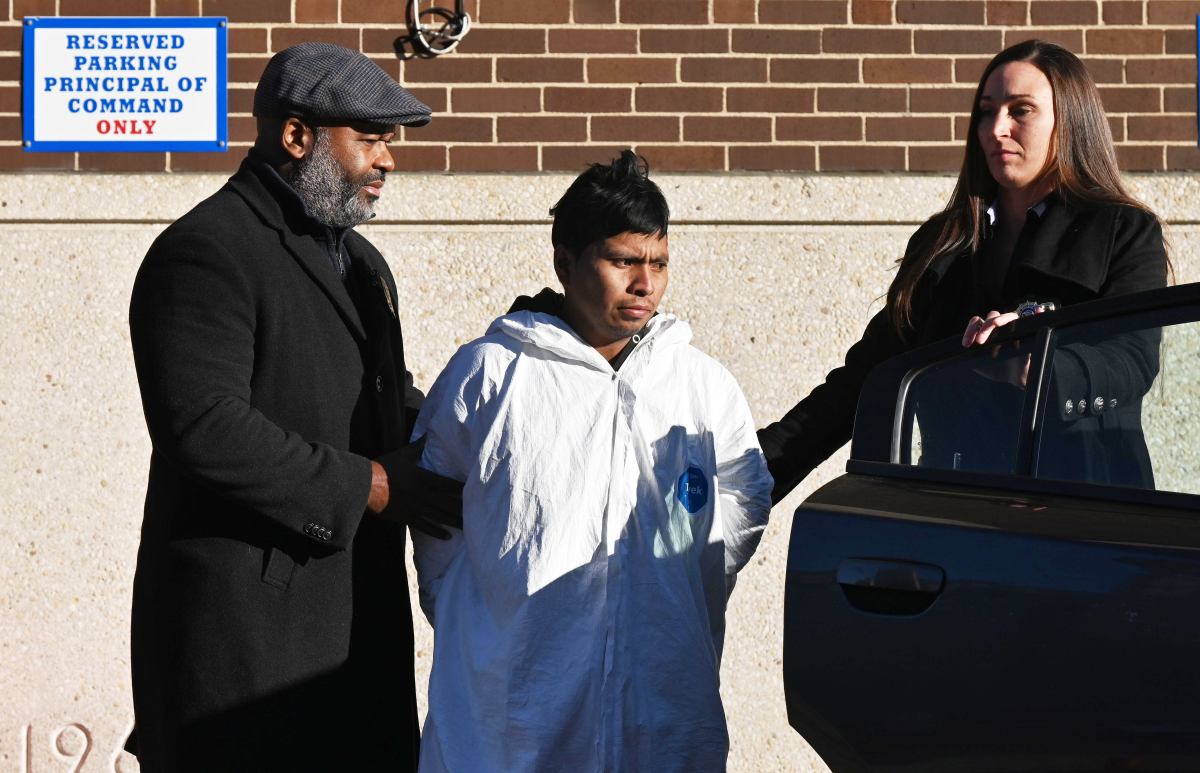By Colin Packham
SYDNEY (Reuters) – Australia’s conservative government will pledge on Thursday to subsidize the wages of apprentices and offer small businesses A$25,000, as part of a stimulus package designed to stave-off the economic toll of coronavirus.
The measures will be outlined in a speech by Prime Minister Scott Morrison, excerpts of which were released in advance.
Australia’s Treasury Department last week estimated the coronavirus will subtract at least half a percentage point off growth in the first quarter of 2020, and many analysts now expect Australia to slip into its first recession since 1991.
The Reserve Bank of Australia last week cut its benchmark interest rate to an historic low, and Morrison will on Thursday announce the second tranche of stimulus that Canberra hopes will soften the impact of the outbreak.
“Our targeted stimulus package will focus on keeping Australians in jobs and keeping businesses in business so we can bounce back strongly,” Morrison is expected to say on Thursday.
While the full details of the package are still unclear, Morrison is expected to promise that his government will pay 50% of the wages of an apprentice. This will be capped at A$7,000 ($4,570) per quarter and run until the end of September.
The wage subsidies are expected to cost A$1.3 billion, Morrison will say.
Morrison will also promise payments of up to A$25,000 for businesses with revenues of less than A$50 million, which he will say will improve cash flow and safeguard jobs.
The plan will cost A$6.7 billion, with some 690,000 businesses eligible.
The economic stimulus package ends Morrison’s hopes of delivering Australia’s first annual budget surplus in more than a decade.
It will be announced a day after Morrison said his government will spend A$2.4 billion to prop-up its health sector ahead of what Canberra expects to be a global pandemic.
Australia has so far recorded 112 coronavirus cases, and health experts fear a larger outbreak. Morrison promised on Wednesday to fund 100 pop-up respiratory clinics capable of treating 75 patients a day for the next six months.
(Reporting by Colin Packham; Editing by Peter Graff)

























